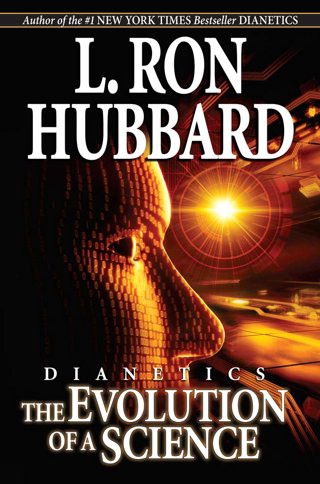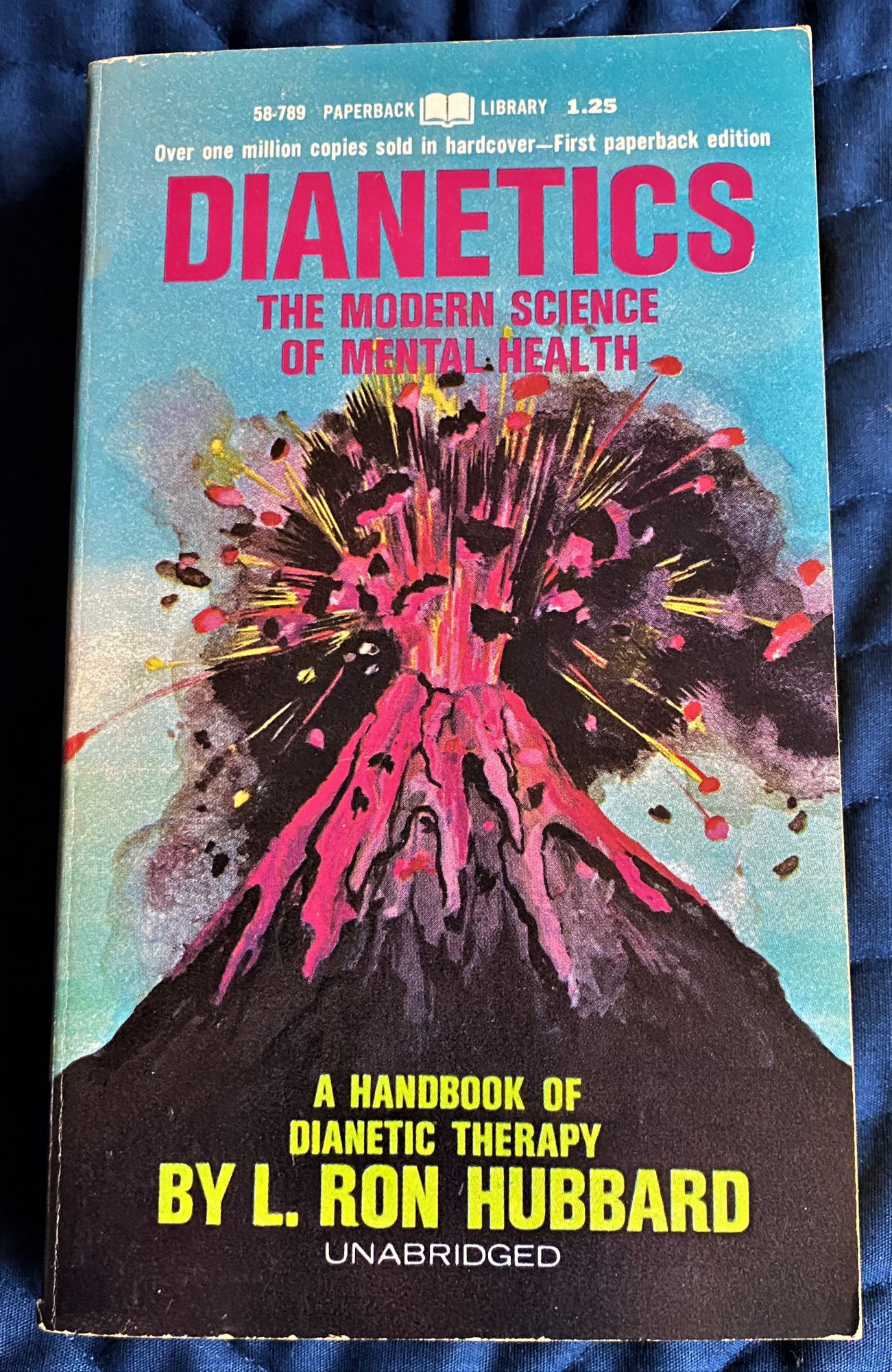Little Known Facts About Dianetics.
Wiki Article
The Buzz on Dianetics
Table of ContentsThe Buzz on DianeticsThe Best Strategy To Use For DianeticsThe Facts About Dianetics UncoveredDianetics - The Facts
I couldn't ever before not intend to get anything that enters your mind for you- if it was otherwise, I would not be sitting right here with you, doing this. I not just can never have a trouble, or otherwise intend to hear something that enters your mind for you, yet I'm completely eager to recognize every concept, every idea, every photo or sensation that emerges or materializes for you- don't ever before think or else, and if somehow you do, please simply let me know! In some cases, you may have a thought, and picture, idea or event appear that does not seem to answer the inquiry, or associate with it, however nevertheless, constantly do inform me concerning it, and as we continue, the relevance will certainly arise for you.This is inherent in the basis of handling, and the topic of this discussion: the fundamental functions of the counselor and the client: The standard role of the therapist is, in contrast to "conventional training", not to control, which suggests to impose and/or inhibit, yet to instead work from the basis of EMPOWERING THE CUSTOMER.

Things about Dianetics
John Mcmasters revealed this standard truth incredibly well in among his lectures on Power handling, in which he discusses exactly how he was asked what this "unique flair" was that he had for offering such terrific sessions; he needed to believe regarding that for a moment, and detected that it was what he had not been doing, along with what he was doing: he wasn't evaluating, judging, computing, or in truth, creating any ideas, not to mention spoken expressions, after providing the command and while waiting on the PC to finish their response to their satisfaction; he was, simply and only, existing with the computer, and entirely interested.The function of the counselor, showed; that was his "special flair". I have had my very own experience which taught me this well, extremely at an early stage in the game. In 1982, having actually just recently completed my training and teaching fellowship on New Age Dianetics, I was running this on a PC, and there explanation was a point in the session where (being a bit wet behind the ears not yet having numerous hours under my belt as a professional auditor) the computer seemed to be "taking as well long" to share anything verbally after I gave him a command.
This trick became the most useful contribution that John ever before made to the subject of treatment or auditing (Dianetics). In my simple opinion, it is the best contribution that anybody has ever made to these subjectsthe application is totally non-judgemental, non-evaluative, and devoid of any suggestion, guidance or opinion.no preconceived program for people, or 'levels' that they need to do
In Scientology we prided ourselves on not evaluating for individuals. All that truly implied was that the auditor did not VERBALLY assess for the Computer in session.
Some Ideas on Dianetics You Should Know

Anybody that had actually ever before seen John audit might not help however see an unique quality in his bookkeeping."The client's standard duty is to be there with the function of relocating the instructions of their spiritual objectives, and to easily and completely express and experience whatever shows up for them in answering the inquiries and carrying out the guidelines in the handling.
This is something to procedure as required. Yet click resources likewise, people frequently have prior experience and/or indoctrination in auditing/processing which, somehow, and to some extent, really misguides them into perspectives, concepts and behavior patterns that protect against the complete awareness of these duties, therefore they will certainly tend to hinder the expressing of what enters your mind, as in the instances given above. * The very first, and maybe primary examples of mis-indoctrination causing less than totally smooth and efficient sessions, can be found in specific facets of the training routines, or "TR's":"TR's" are frequently an individual's initial, or at the very least early, experience in Scientology, and while I will go on to explain what I see as the problems in principle and practice, click for source nonetheless, have a tendency to be substantially therapeutic, done as they are provided (Hubbard insists that "TR's are not refining, they are educating", however factually, they are both processing AND training)
Alan Walter made similar monitorings, and improved on these with his "Visibility Processes". There is no "failing", and no rejection of the fact of this being handling. The emphasis, as it ought to be, is on experiencing the other person's presence. All the indications which obtain a "flunk" in doing "TR-0" are merely the being's initiatives to withstand the other person's visibility, and rather than being bothered and pestered with "Flunk", which enforces "failure!" on the being, one just needs to be motivated to "stick their feet in the water a little much deeper", to progressively refurbish their capability and willingness to completely share and experience "being here", or "presence", with others.
4 Easy Facts About Dianetics Explained

Report this wiki page